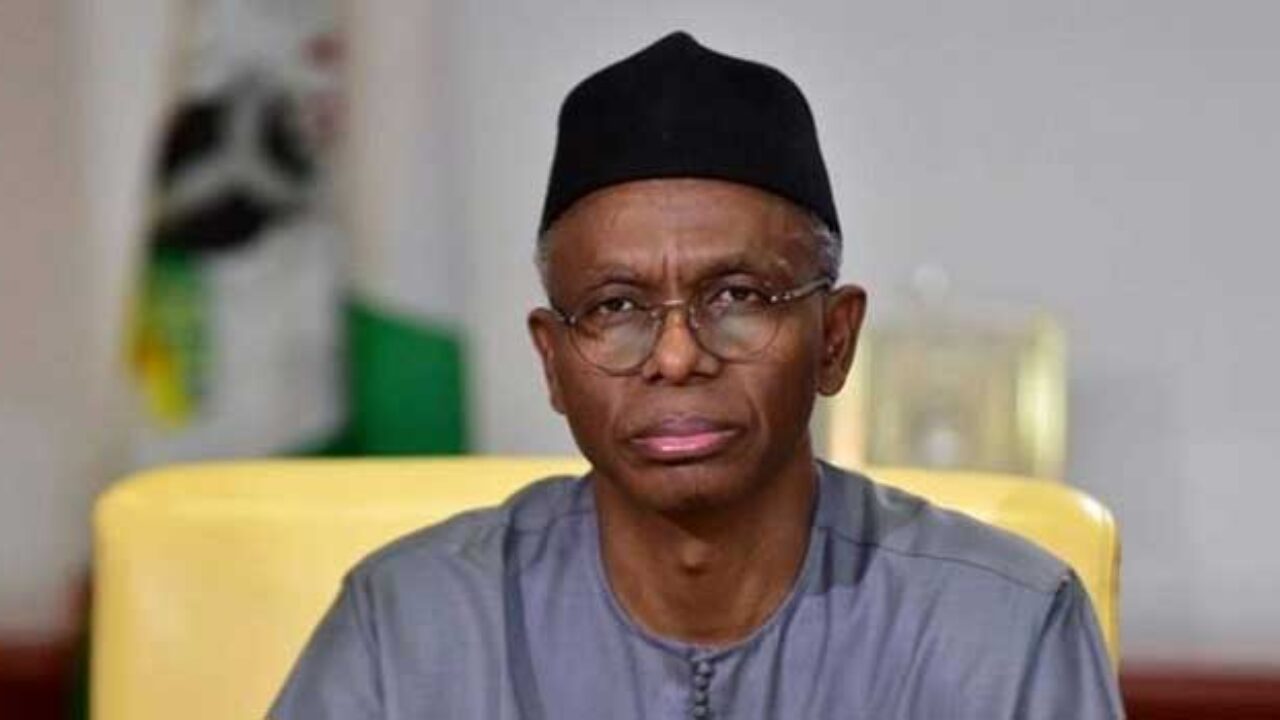Lawmakers in Benin approve a key constitutional change. They extend the presidential term from five years to seven years. This move creates a bicameral parliament as well.
Moreover the vote occurs in Porto Novo. Ninety members support the revision while nineteen oppose it. The assembly amends the 1990 Constitution last revised in 2019.
Key Amendments Shape Governance
The new rules set the presidential term at seven years. Presidents can renew once but face a lifetime limit of two terms. Additionally deputies serve seven year terms now.
Furthermore the reform introduces a Senate. This body shares powers with the National Assembly. The Senate includes at least 25 members. Some gain seats through presidential appointments or as former leaders.
Local Terms Align with National
Mayors and municipal councillors also receive seven year terms. They can renew their positions. This alignment streamlines elections across levels. Consequently the changes add 15 new articles. Lawmakers amend 18 existing ones. These updates aim to strengthen national unity and development.
Timing Ahead of Elections
The revision comes before the 2026 presidential polls. President Patrice Talon has held office since 2016. He serves his second term and pledges not to seek a third.
However recent events stir concerns. Authorities foil a suspected coup in September. This involves a former minister and a businessman eyeing the presidency.
Implications for Stability
Opposition voices criticize the extension, they say it consolidates power, while supporters argue that this will promote long-term planning.
Therefore Benin readjusts its system against the background of regional challenges. The reform signals changes in West African politics. In conclusion, such a decision reshapes the democracy of Benin. It balances continuity with checks on authority.


